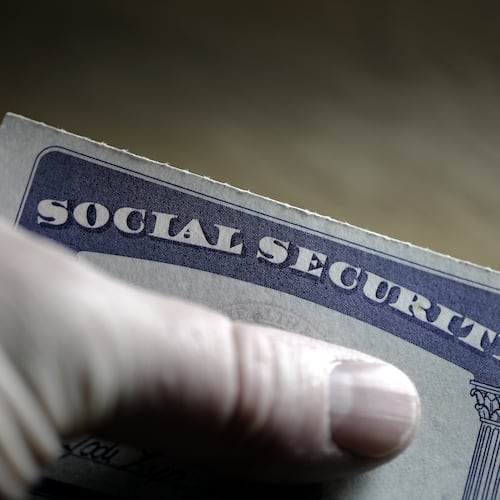A new round of ads aimed at Black voters has been rolled out by Joe Biden’s presidential campaign, as the Democrat continues his quest to unseat President Donald Trump on Nov. 3.
The ads, according to PBS Newshour, feature former President Barack Obama and U.S. Sen. Kamala Harris, Biden’s running mate. The ads are appearing on The Shade Room and The Young, Black, and Fabulous.
The ads are airing as Biden and Trump prepare for their first of three scheduled presidential debates Tuesday, in a race that has remained largely unchanged since Biden seized control of the Democratic field in March.
The issue of mail-in voting during the pandemic has also become crucial as Democrats continue pushing for the Black vote.
Black voters are among the least likely to vote by mail nationally, but there are early signs they are changing their behavior as the shadow of the coronavirus hangs over the presidential race. The evidence is clearest in North Carolina, the first state in the nation to send out mail-in ballots and where voting has been underway for almost three weeks.
But there are hints in other battleground states including Georgia and Pennsylvania.
The signals are good news for Democrats, who will need a robust turnout by Black voters in these states to win the White House and control of the U.S. Senate. With coronavirus increasing the risk of in-person voting, African-American mail voting rates are one indicator of whether that key part of the Democratic coalition will participate at its regular clip.
In North Carolina, Black voters cast 16.7% of the more than 173,000 ballots returned so far, a jump from the 9% of mail votes cast by Black voters in 2016. They are 21% of North Carolina’s registered voters.
Credit: NABJ/NAHJ
“They’re changing their dynamics,” said Michael Bitzer, a political scientist at Catawba College in North Carolina who tracks state elections. “It seems like there’s a shift going on which will certainly help Democrats.”
But the numbers also come with a warning sign. North Carolina’s Black voters are four times more likely than whites to have their ballots not yet accepted due to missing witness information. Just under 5% of absentee ballots returned by Black voters either still have missing witness information or are in the process of having ballot requirements corrected, compared with just 1.3% of ballots returned by white voters.
It is, of course, very early — the votes so far in North Carolina translate to only about 5% of those cast in the entire 2016 presidential election. It’s unclear how much Black voters' early embrace of the new method will increase overall turnout and whether issues will persist as more votes roll in.
Alarmed by the not-accepted figures, Democratic-leaning groups are already shifting their messaging to help Black voters resolve the witness requirements. North Carolina made this process easier Tuesday, settling a lawsuit from the North Carolina Alliance for Retired Americans seeking to ease absentee guidelines on the state’s witness component. County boards of elections now mail an affidavit for a voter to return to resolve ballot problems. Both Republicans on the state’s five-person Board of Elections resigned after the settlement.
“There’s been a big push to get Black voters to use the option of vote-by-mail,” said Adrianne Shropshire of VoteBlackPac, one of several groups trying to boost the use of mail-in ballots among Black voters. The group sent absentee ballot applications to 400,000 North Carolina voters. “The problems that people are having is related to the fact that this is new to people.”
There are hints of the shift in other data on mail voting. In Georgia, about one-third of all absentee ballot requests so far have come from African Americans, slightly higher than their share of registered voters, said Tom Bonier, a Democratic data analyst. In Pennsylvania, 7.38% have — which is also precisely the Black share of that state’s electorate.
Bonier said the early data suggests that Democratic investments in educating Black voters about mail-in ballots may be paying off. The rates, he added, are also “an early indicator of very high engagement by Black voters.”
The Associated Press contributed to this report.
About the Author
The Latest
Featured



